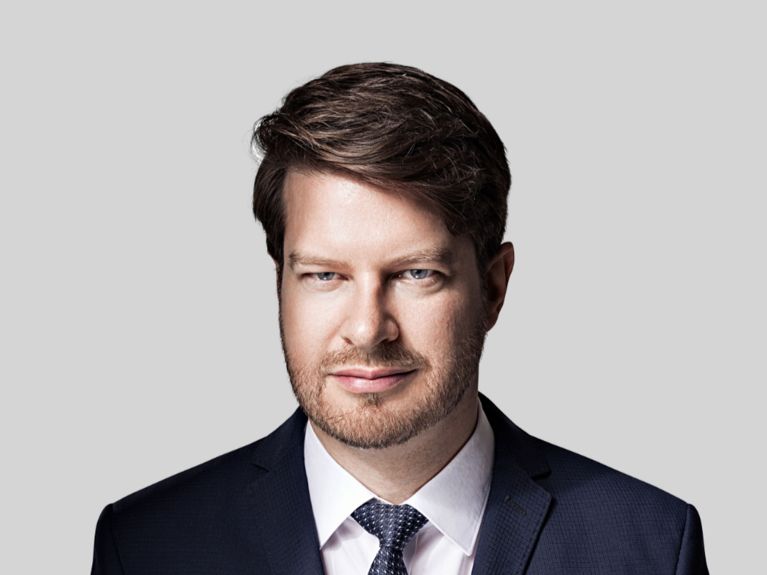“There are no signs of a demarcation movement”
The generation expert Rüdiger Maas talks about differences and similarities between young and old and the chances and risks for the upcoming generation.

Mr Maas, what is the relationship like between the generations? Or, to put it another way, are young and old being reunited by topics such as the climate? In the movement of 1968 young people took to the streets, today Fridays for Future are acting similarly.
The climate issue is uniting all generations. But there are also significant differences. The youth of 1968 demonstrated against the encrusted structures of the older generations. The young people in Fridays for Future are demonstrating for something that everyone approves of, especially their parents. That makes Fridays for Future far more socially desirable and acceptable in mainstream terms. There are no noticeable signs of a demarcation movement. In fact the trend is more towards consensus.

What are the characteristics of the current Generation Z which has produced Fridays for Future?
About 15 per cent of Generation Z are Fridays for Future supporters, and most of them come from the upper middle class and high schools. Generation Z itself is the smallest peer group we have had since World War II. These youngsters have grown up in prosperity. They also have very good opportunities in the job market, because increasing numbers of people are retiring.
The previous Generation Y is the one that is now raising young children. What are the characteristics in this case?
In general, the people from Generation Y are having children much later on in life. Because of the large age gap between parents and children and the permanent access to smartphones, around 90 per cent of people resort to google when they have questions about raising children. On the other hand, 90 per cent doubt that everything in the Internet is true. This leads to a high level of uncertainty and a huge increase in overprotective parents who do so much for their children that they become much less independent in many respects.
Generation Alpha are growing up to be digitally intuitive, but they have little training in the analogue world.
So these children are forming Generation Alpha. What kind of generation will this become?
It will be a generation that grows up to be digitally intuitive, but will experience little training in the analogue world. The analogue world will be seen increasingly as unsafe and unfamiliar, and as a result the offline world will need more rules and structures. An example: Many children will experience a break as they move from kindergarten to school, because they spend a whole day in kindergarten but only four hours in primary school. Then there will be no appropriate structures at home, because the parents are accustomed to ensuring the children always have fun and satisfy every wish immediately.
What advice would you give to today’s parents?
Put more trust in your child, be more patient, and listen to your own gut feeling rather than resorting to google. What did I like as a child? Were my parents always around? Learn to let go in the analogue world and keep a closer eye on the children in the digital world.
Rüdiger Maas studied psychology and founded the Institute for Generation Research in Augsburg four years ago. The institute regularly gathers nationwide data on all generations in order to predict trends.
You would like to receive regular information about Germany? Subscribe here:


